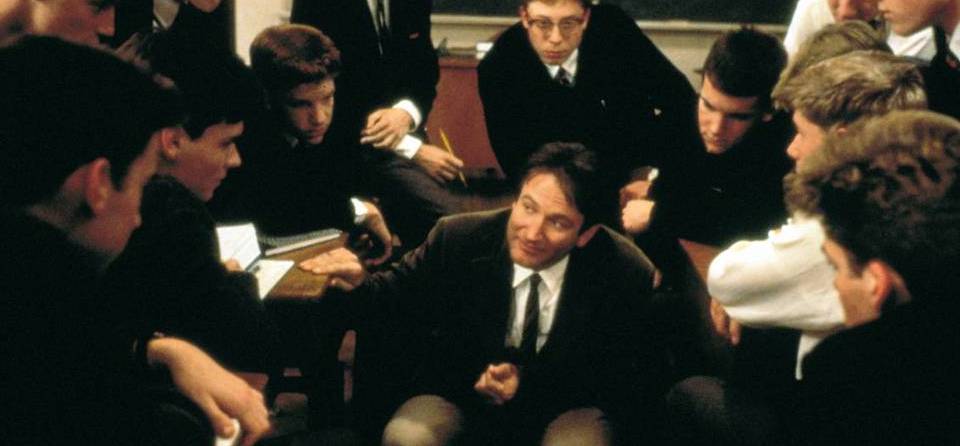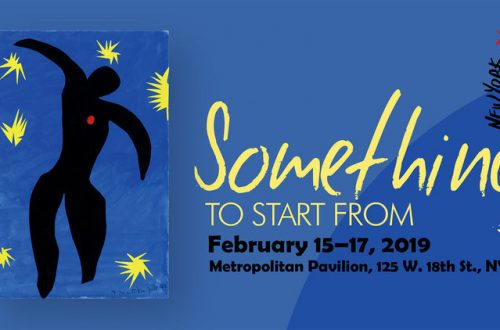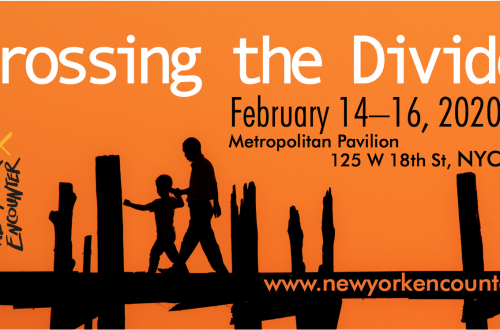by Dominic Go
Warning: This article contains spoilers (though the movie came out in 1989, so at this point, it’s kind of on you).
I remember it like it was yesterday. I was 18 years old, mid-February of my senior year of high school. Dad was giving me a ride to meet some friends, and on the way, the topic of college came up.
At this point, I hadn’t yet been accepted to the school I wanted to attend, and deciding what I wanted to study seemed like a massively daunting task. My whole life was going to be shaped by this choice. This time was fraught with anxiety, as I think it is for most kids. Still, Dad was curious and cared about me, so he asked, “What do you think you’re going to study?”
I remember having considered all sorts of things up to this moment. My brother is a mechanical engineer, maybe I’ll do that. But do I really like math? My sister studied theology, and she seemed to really enjoy that. Psychology has always been fascinating, though I’ve not had any formal exposure to it… maybe now is my chance? I think that’s what I wrote on my application.
Despite all of these options floating around in my head for months, I was surprised to find that I had an answer for him, right away. With little to no hesitation, I responded, “I think I want to study music.”
A pause. A concerned look. A deep breath.
Dad: “Well, I’ve seen the movie Dead Poets Society, so I’m not going to tell you that you can’t (beat.), but you should really consider your career.”
For those who haven’t seen the movie, Dad was referring to the troubled relationship between Neil Perry and his overbearing father who insists that his son pursue medicine, forbidding all other frivolous activities like acting in the school play. The relationship ends tragically with Neil’s suicide by his father’s gun.
Feeling the heat of disapproval, I quickly hedged.
Me: “But… I may go on to law school.”
Dad: “Ahh… yes, that’d be great. You’d be good at that.”
The conversation ended there, and it didn’t come up again for several months.
At the time, I remember being disappointed that Dad had doubted me.
“I know he was just looking out for me, but didn’t he believe I was different? Didn’t he think that I had what it takes? I know it’s a tough road, but he should have know that I can handle it.”
However, as I reflect on that conversation more than ten years later, I have a better sense of the impossible situation Dad was in when I told him I wanted to study music.
After eighteen years of caring for me, teaching me, bringing me to and from countless activities, and supporting everything I did, there we were in the car; and my answer left him two choices:
- Crush his son’s dreams.
- Let his son follow a very difficult path, a path where he wouldn’t know how to help him.
Now I can see that his answer was perfect.
His answer told me that he really did understand the drive of the arts, the need to create and the desire for something meaningful in life, something beyond mere stability. And it is not lost on me that he used a work of art to communicate this, the very purpose of art. The symmetry is quite beautiful.
As Robin Williams’s character John Keating says:
“We don’t read and write poetry because it’s cute. We read and write poetry because we are members of the human race. And the human race is filled with passion. And medicine, law, business, engineering, these are noble pursuits and necessary to sustain life. But poetry, beauty, romance, love, these are what we stay alive for.”
Dad knew that music is also on that list.
A good friend once said to me that we should all spend more time chasing joy rather than running from fear. Dad wanted nothing less than that life for me, a life chasing joy.
But recognizing that goal does not make the fear less real. The music business is hard. Dad knew that, and he was rightly scared for me. So scared, that he risked crushing my passion to protect my future. So he gently encouraged me to think hard about that next step, but assured me that there would be no retribution if I chose the path he feared.
I went on to study music despite his warnings, though I did add on political science in case I decided to actually do the law thing. Dad never asked me to reconsider this choice while I was in school, and, in fact, he made it to every performance of mine that he could (and there were a lot of them).
I didn’t end up pursuing music professionally, at least, not yet. Instead, I’m focusing on making that conversation easier for parents going forward. I don’t believe that the music business needs to be quite so hard for artists. It’s a $43 billion dollar industry so the demand for artists is clearly there. If we can just get the supply side right, I believe we can create a better world for musicians and music lovers alike.
That’s why I started Timbredio, to put the artists first. Timbredio a streaming service built to foster musical discovery while empowering the artists who create it. The company’s name is a combination of the words “timbre” and “radio”. At Timbredio, we believe that everyone has their own unique perspective, their own timbre, and it deserves a chance to be heard.
Dad was and is an incredible father. In fact, I count myself very lucky to have two loving and supportive parents. I hope my work will make them proud.
Timbredio is one of my verses. There are many more to come.
Dominic Go is a musician turned technologist. He fancies himself a true polymath. After six years working in the world of data analytics, he founded Timbredio (www.timbredio.com). Dominic attended the University of Notre Dame and is currently pursuing an MBA at the University of Chicago Booth School of Business.






2 Comments
Tom King
Wonderful story, Dominic!
Pursue the dreams of artists and poets. They are our dream starters.
And there’s also that lovely closing line in “Trading Places:” “Can’t we have both?” and the answer, “Very good!”
Happy is as happy does.
Keep the cheers in your life,
Tom
Michael A. Zusi
Well said Dominic. A fitting tribute to a wonderful man. You do have terrific parents. Please, keep singing!
Thank you,
Mike